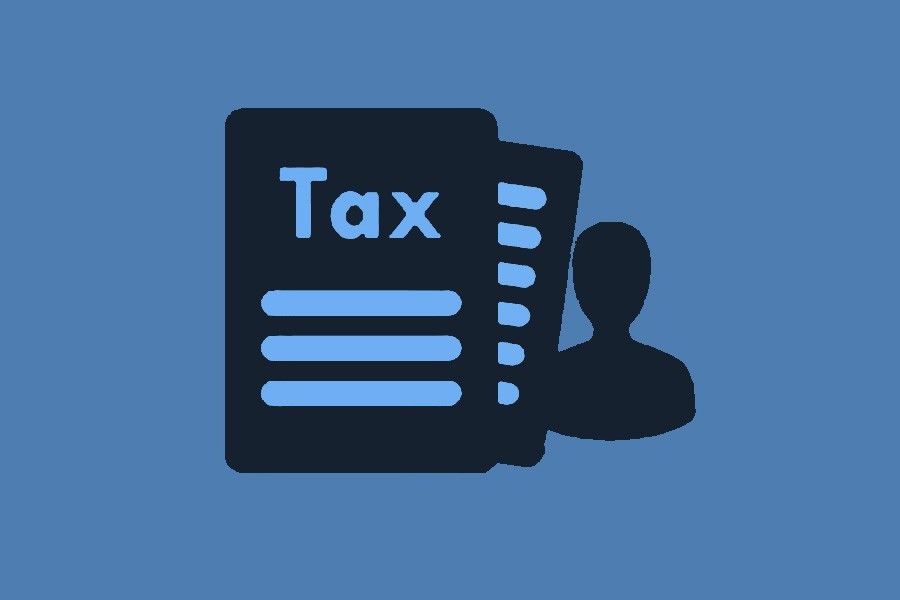It is apparently perplexing how the government’s income tax revenue has grown at more than 20 per cent when economic activities and jobs have shrunk amid a pandemic of over one and a half years.
Rasel Mia, a popular dressmaker for fashion designers based in Metro Shopping Mall in the city’s Dhanmondi area, finds it hard to understand how businesses can overcome uncertainties created out of the pandemic.
He used to get huge orders from customers especially before Eid festivals, and Pohela Boishakh. In January 2020, he started expanding his business and rented another shop in posh Gulshan area. He invested his hard-earned money in this business recruiting some young dressmakers and training them.
Two months later, Bangladesh detected the first cases of Covid-19. The situation wracked havoc on his fate. With 30 staffers Rasel Miah fought to survive for six months. “As the situation continues, we had no other way than giving in,” he says of his lost battle during the second wave of the virus. Both his shops have now been closed.
He is only one of the millions who have lost their income opportunities – small businesses and informal sector jobs.
Earnings of low-income people have dropped by 66 per cent during this pandemic, according to a recent survey by South Asian Network on Economic Modeling (SANEM). Also, a World Bank study carried out in September last year, showed that about 68 per cent of the people who were working in Bangladesh's urban areas, Dhaka and Chattogram in particular, had lost their jobs due to the economic fallout of the pandemic.
The rate of the job losses was found to be 76 per cent in the capital and 59 per cent in the port city.
These statistics, however, contrast the latest National Board of Revenue (NBR) data which show income tax collection increased 20.42 per cent in the just-concluded 2020-21 fiscal year, surprising many of the experts.
Taxmen referred to disclosure of undisclosed money as major source of income tax collected. But, analysis of data suggests, tax from undisclosed money holders accounted for only 2.35 per cent of income tax or direct tax collection.
In fact, the NBR’s tax collection largely depends on a handful of corporate taxpayers and tax at source at import stage and in other areas.
Such withholding tax, or tax at source, is against the basic principle of income tax law since most of such taxes could not be adjusted with actual payable taxes nor is it refundable.
So, higher income tax collection growth cannot be described as any outcome of vibrant business. As practice goes, tax at source is levied on businesses irrespective of their profit and loss.
The commoners, who do not have taxable income, are also forced to pay taxes in the form of indirect taxes, be it for operating bank accounts or purchasing something from the market. But, the people do not get refund from the tax offices due to its complex procedures.
There has always been doubt about taxmen’s efforts to check tax evasion as tax net has not been expanded significantly through proper reform initiatives.
The number of taxpayers who submitted tax returns last year is only 2.4 million in a country of more than 160 million population.
Last year, the NBR’s income tax wing collected Tk 850 billion taxes. Of the amount, large taxpayers including three main sectors – banks, cigarette companies and mobile phone operators – contributed 28.23 per cent. The rate of growth on year-on-year basis was calculated at 15.38 per cent.
If tax is levied without following the principle of equitable distribution of resources in society, equality increases. Bangladesh has seen widening disparity despite higher economic growth and incremental revenue growth.
Income inequality will continue to rise unless tax authorities work for ensuring tax justice.
The basic principle of income tax is to collect tax on the basis of income. People who earn less should pay less and those who cannot earn should not be forced to pay taxes.


